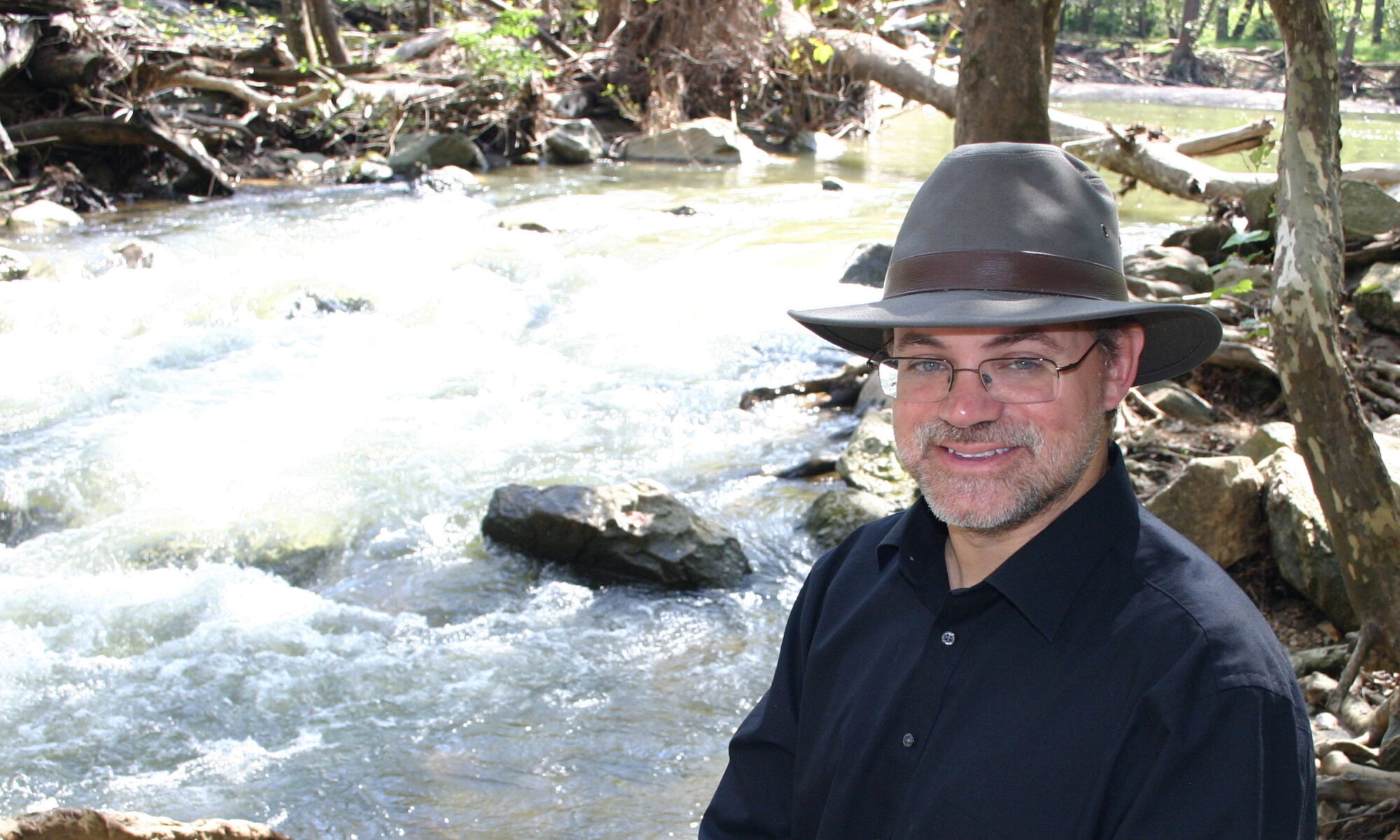What are the Psalms?
As you’ll see from the video, this session emphasizes the role the Psalms can play in our individual and communal prayer lives. So it won’t be a surprise that the Bible Labs for this session are exercises that explore this relationship between Psalms and prayer. So let’s get started!
Bible Lab 1 – Finding Your Prayer in the Psalms
The first step in using a Psalm to guide a personal prayer is obvious: choose an appropriate Psalm! But there are a lot of Psalms! And they’re fairly mixed up…meaning that the various types of Psalms are not generally collected together. So if you’re dealing with a setback, how do you find an appropriate lament? Or if you’re full of thanksgiving, where do you find such a Psalm? Your study Bible may come in handy, as some do have tables or other guides, so take a look. In addition, there are many good resources on the internet, including AI models like ChatGPT or CoPilot. Ask them and you may be pleasantly surprised! Here are a few resources that helpfully list both the various categories of Psalms as well as many Psalms in each category:
- https://restitutio.org/2024/02/18/all-150-psalms-categorized/
- https://women.lifeway.com/2023/07/20/about-the-psalms/
- https://www.biblestudytools.com/bible-study/tips/the-genre-of-the-psalms-part-1.html
The exercise here is simple:
- Explore your feelings, and identify the kind of Psalm that you want to use.
- Use one of the resources above to locate an individual Psalm of that category.
- Read the Psalm quickly to get a sense of its content. Feel free to choose another Psalm from the category if it doesn’t seem to fit.
- Finally, pray the Psalm: imagine that you are the Psalmist speaking to God, and read it slowly as feels natural. You might try speaking the Psalm out loud. It can make a difference!
- Make a note of the Psalm if it was meaningful. You’ll likely want to return to it again. You may even want to memorize portions of it.
Bible Lab 2 – Exploring a Psalm: Psalm 91
- Read Psalm 91.
- What kind of Psalm is this?
- What images, symbols, or metaphors do you hear in this Psalm?
- How does this Psalm make you feel?
- What does this Psalm teach about the nature of God?
- When could you see yourself praying this Psalm?
Bible Lab 3 – Meditations on the Psalms
These are various questions that invite you to meditate on the Psalms and your prayer life. Choose one or two that are meaningful to you.
- Are there particular poems or songs that have been meaningful to you in your life? Why?
- Have you ever used a poem or song as part of a prayer? Why did you choose it?
- What types of Psalms do you relate to most easily? Which seem the most foreign?
- What does the diversity of the Psalms say about the relationship the Hebrew people had with God?
- How can you see yourself using the Psalms in your personal prayers?
